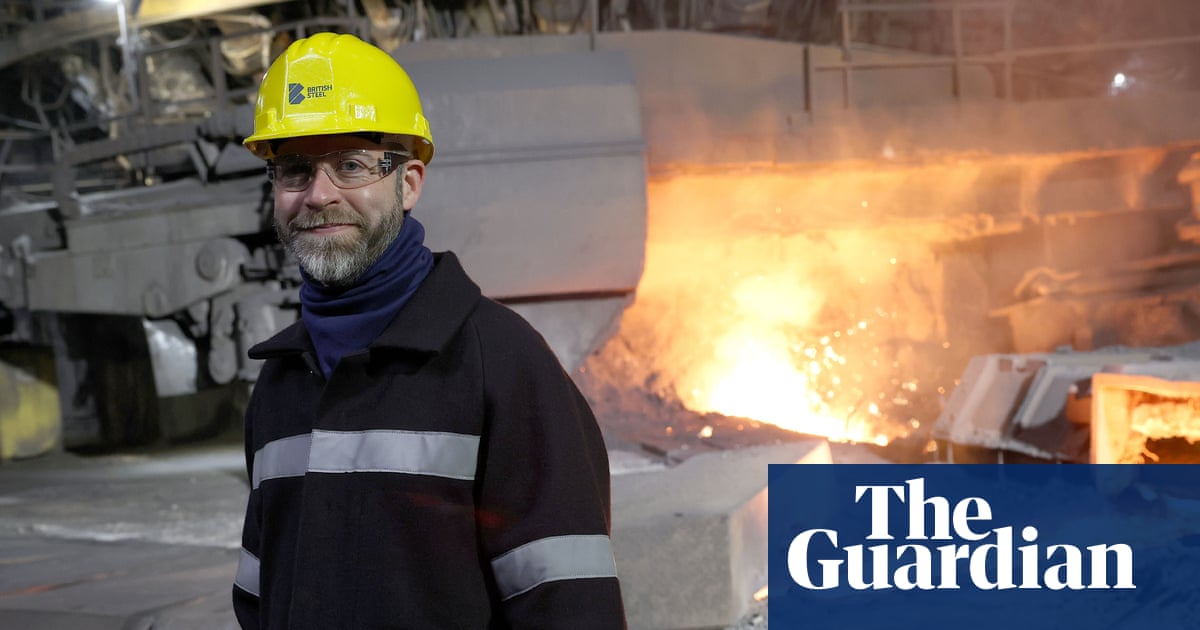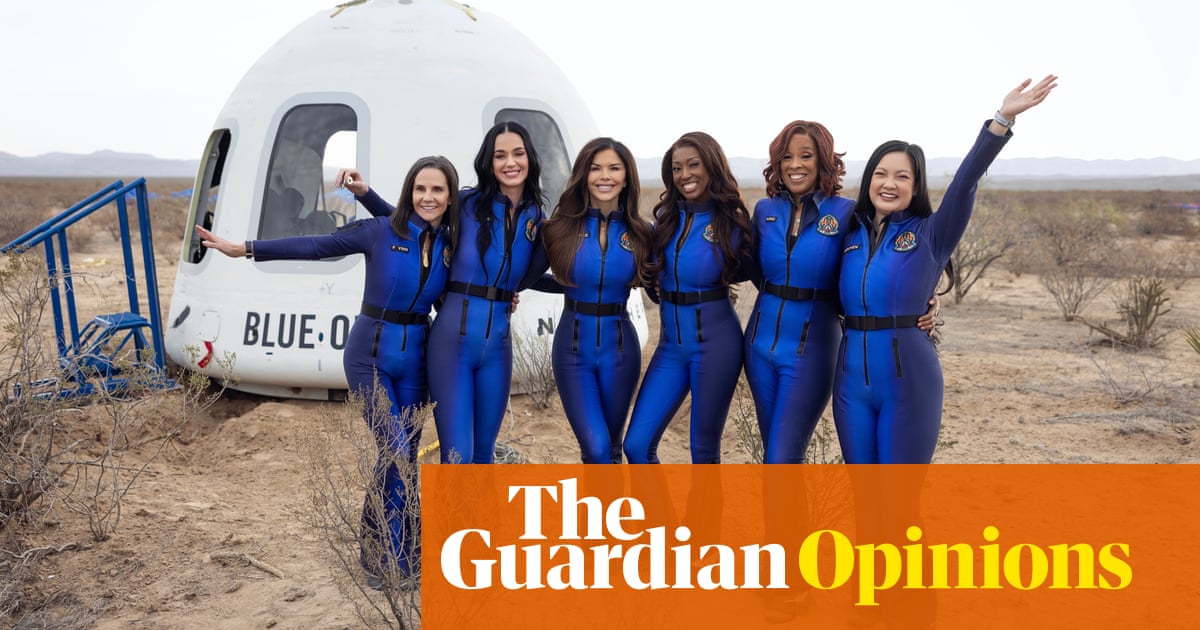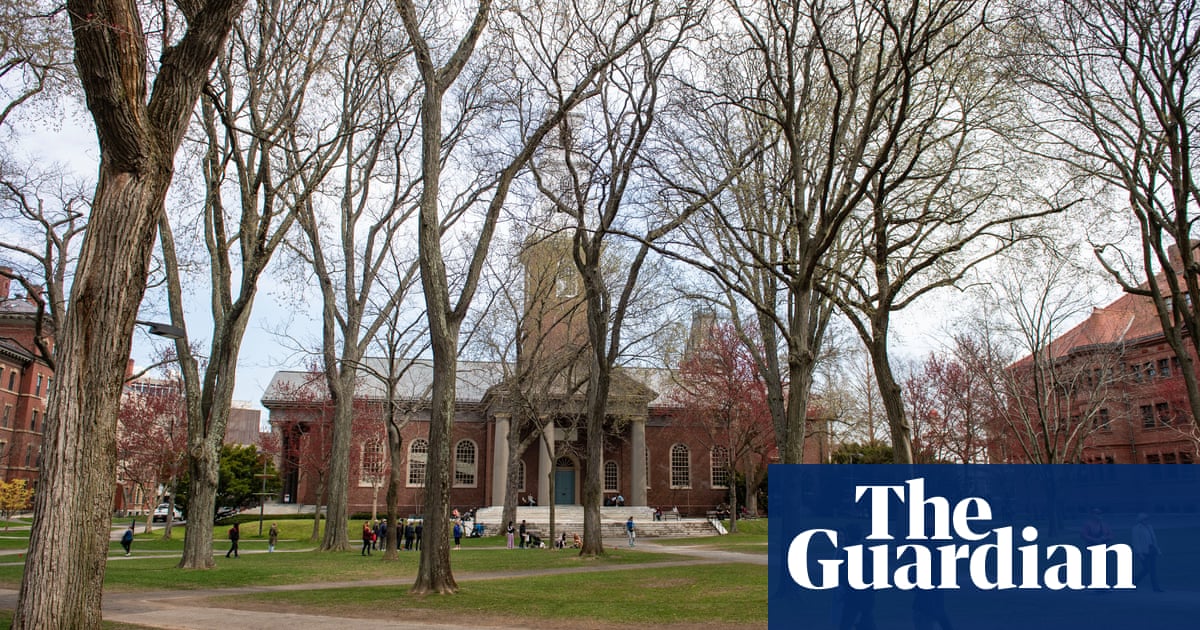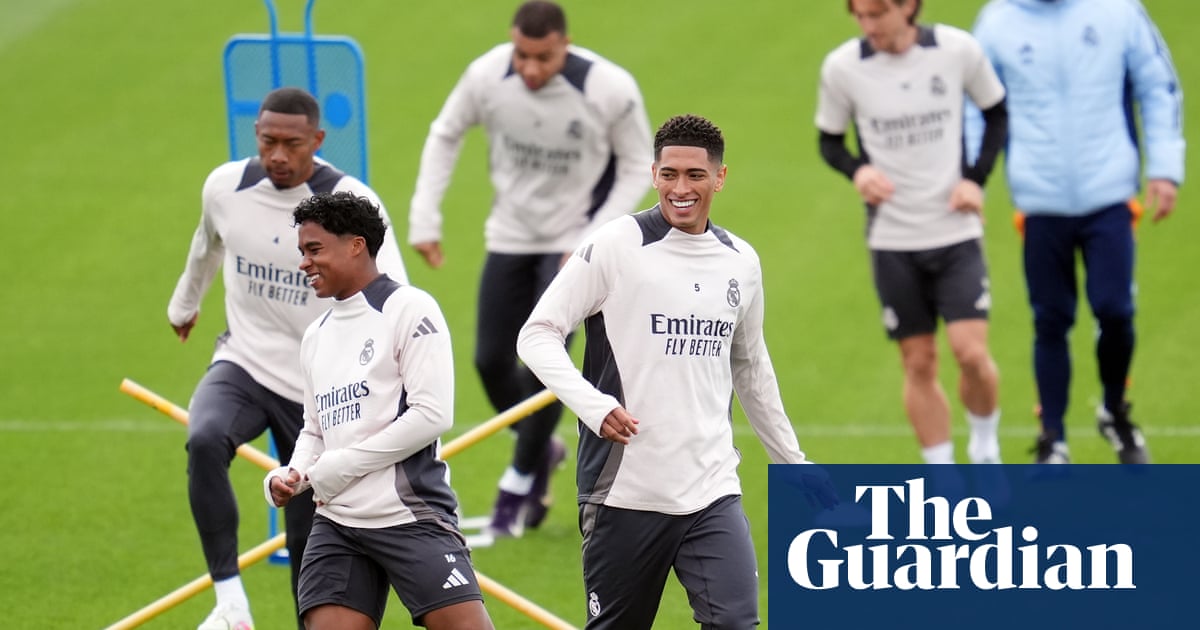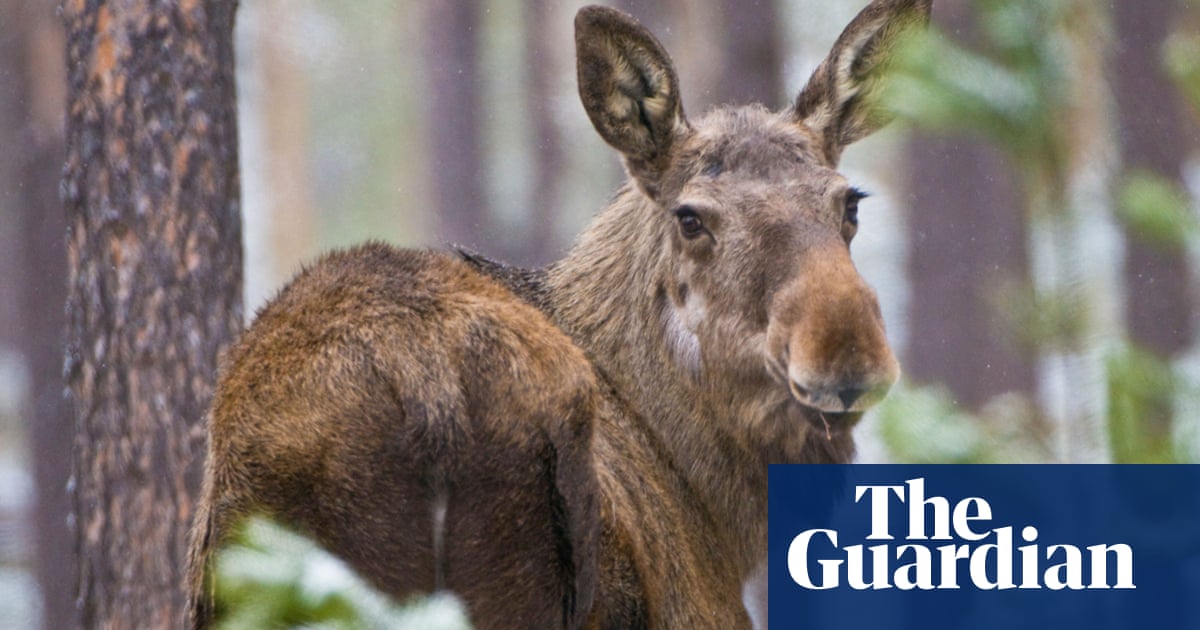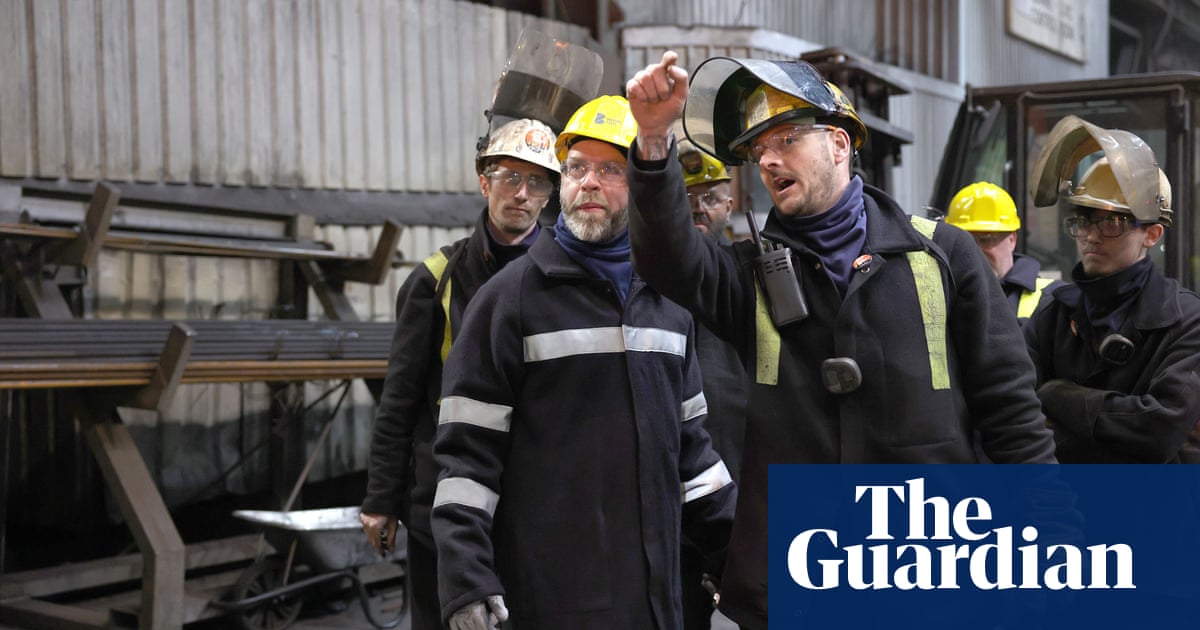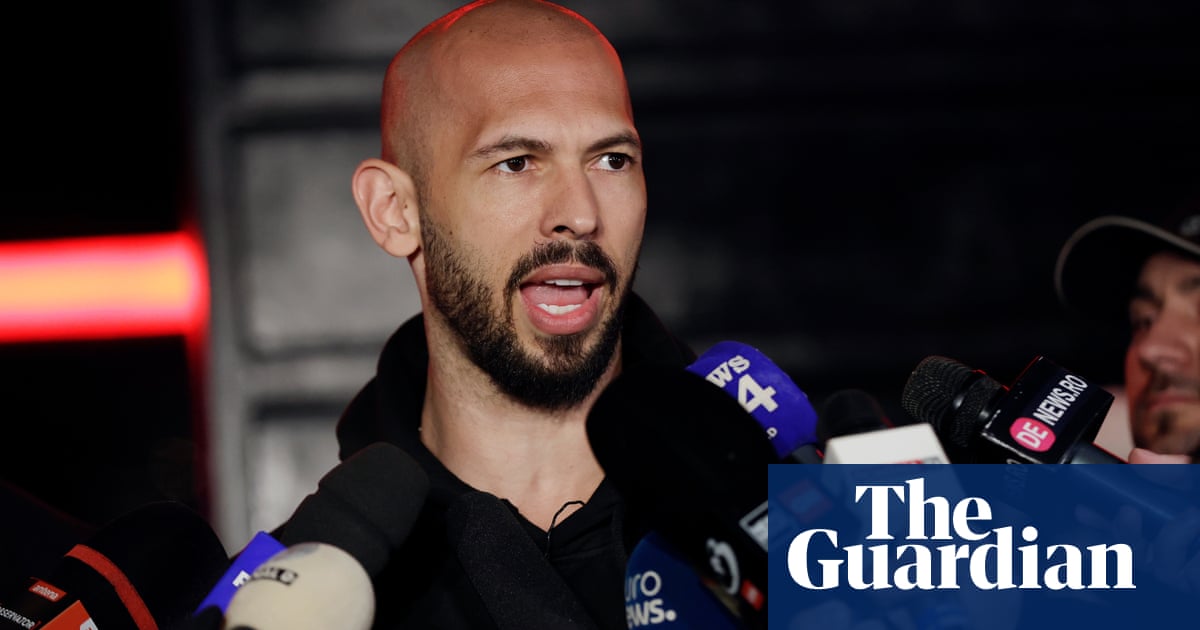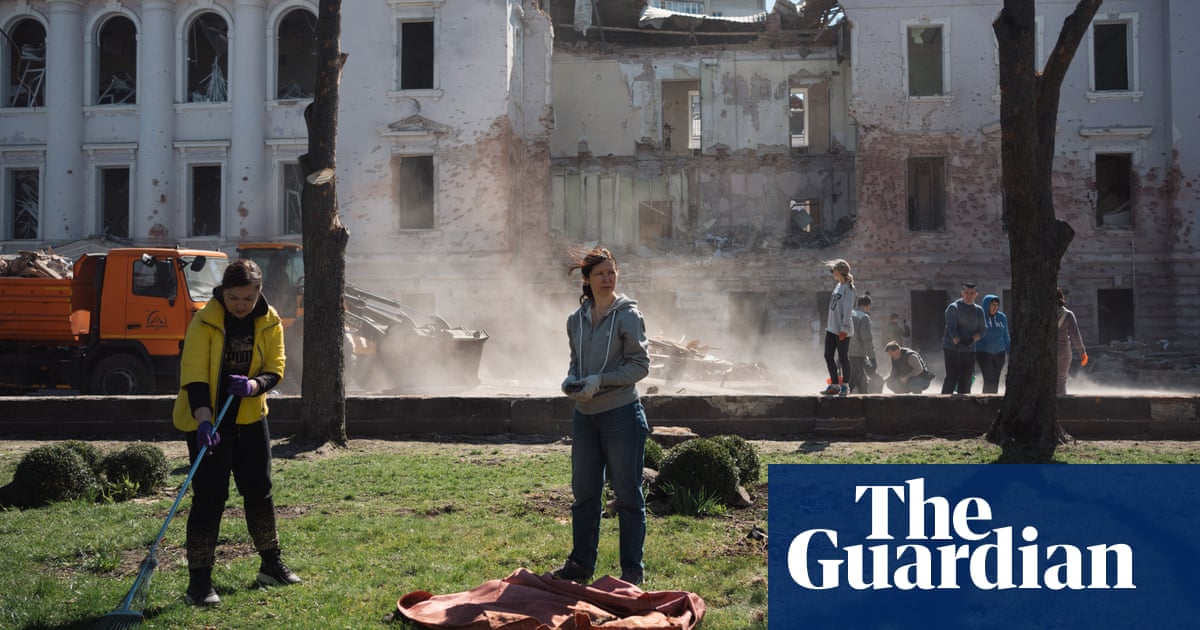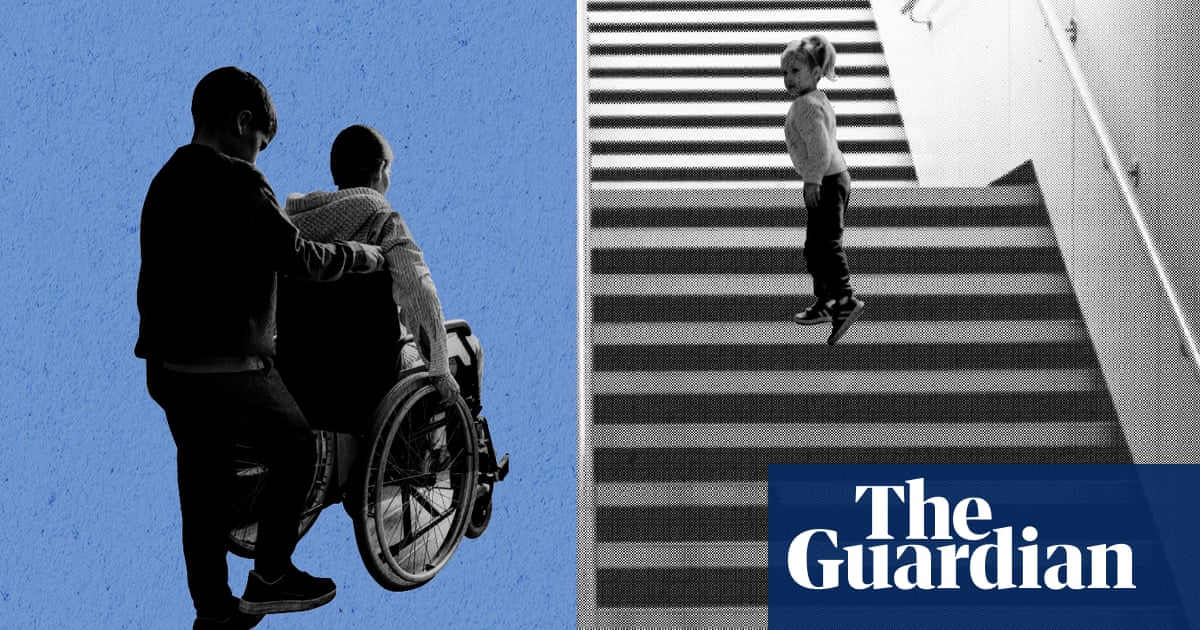PJ Hogan, writer and director
The kernel of the story was my family, and my sister’s stormy relationship with our dad. He was a local politician and, like Trump, obsessed with success. I’m one of seven and my sister and I are the oldest. To use my dad’s language, we were the most useless because we wanted to be artists and so were unemployable. He was very dismissive of us.
I managed to get to film school but my sister was stuck at home. My dad got her a job selling cosmetics but everyone knew the woman employing her was his mistress. Suddenly my sister disappeared, and it turned out she hadn’t been making money from the job at all, she’d just been robbing my dad and pretending she was doing well in the job.
Six months later she contacted me. She’d been living in Sydney. She said, “I suppose you’re mad at me?” I said, “No. You had to get out.” I thought there was something very moving about her story and asked her permission to tell it. She said OK but made me promise one thing: that she’d be a heroine.
I identify with Mike Leigh films. He’s a truth teller. I wanted to do an Australian version. Nobody wanted to make the film. They all said the same thing: “Nobody wants to see a girl who’s not only unlikable and inarticulate but plus-sized, a thief and a liar.” I tried a draft where Muriel doesn’t steal the money but it felt wrong. I decided to down torpedoes, return to the original and find someone crazy enough to make it.
I went to film school with Jane Campion, and she got it made. We had sent the script to the company that financed her film The Piano – they were going to turn us down but I called Jane and said it’d really help if you send a message to the head of the company telling them I might be able to make a decent film. I owe her my career.
Many actors didn’t want to play Muriel. But Toni Collette never judged her; she got her on a deep level. One of the earliest scenes we shot was when Rhonda (Rachel Griffiths) confronts Muriel in a wedding store while she’s trying on dresses. The emotional rawness of the scene still hits me. Toni was utterly vulnerable and emotionally naked. She took it to another level that shocked me. I could see Muriel’s desperation, loneliness and self-hatred.
I was convinced it was a terrible movie but we showed it at the Cannes film festival and they went crazy. I made it for Australian audiences so it amazes me that it crosses oceans. There’s something universal about Muriel. I think it was validating for people from dysfunctional families or who had to do a Muriel thing to escape. Audiences had never seen anybody like her treated sympathetically.
Rachel Griffiths, played Rhonda
Rhonda was based on a Sicilian Australian friend of mine who’s relentlessly positive and absolutely believes in everyone. My job was to be the first person Muriel had ever met who saw something in her that no one around her did, and who believed in her so passionately that she could believe in herself. I think that’s why people love Rhonda. We all dream of having that friend.
I was in awe of Toni. She was unashamed to portray those ugly, nasty, weird feelings that young women feel they shouldn’t have. To put them on screen is such an insanely vulnerable and almost political thing. The truthfulness of awkward, icky, girl feelings didn’t fit the female narrative. We all get that now but it was pretty radical when the film was released. It’s another reason why it hasn’t aged.
Singing Abba with Toni, and having that exquisite chemistry with another person when you know something beautiful is being communicated, the audience is with you and you’re harmonising and feeding off each other? To this day, it’s in my top five days at the office.
after newsletter promotion
The scene where Muriel and Rhonda are saying goodbye to their hometown, Porpoise Spit, was the last one we shot. That look we gave each other had been utterly earned by making the film together. It’s so open, loving, beautiful, hopeful, shared and stupid … I get a little teary whenever I watch it because it’s so real. That’s friendship.
Despite the fact Muriel is desperate to get married, the film passes the Bechdel test – it is really about female friendships and the family you make for yourself – especially if you’re from one that has some toxic, fucked up elements.
I was in New York once and a gay man told me what the film meant to him and gave me a whole thesis about how Muriel’s Wedding was not only a metaphor for LGBTQ+ people growing up in small-minded places but also for the Aids crisis. When you or your best friend get sick and are dragged back to the judgmental place where you’re not seen or loved – like Rhonda is – that was every gay man in New York’s deepest fear. Being cut off from their new family. It really blew my mind.
So many people would come up to Toni and say, “Oh my God, I’m Muriel!” Sharon Stone has told her it! There’s something so universal about that feeling of falling short of what society thinks you can and should be.

.png) 1 day ago
6
1 day ago
6

